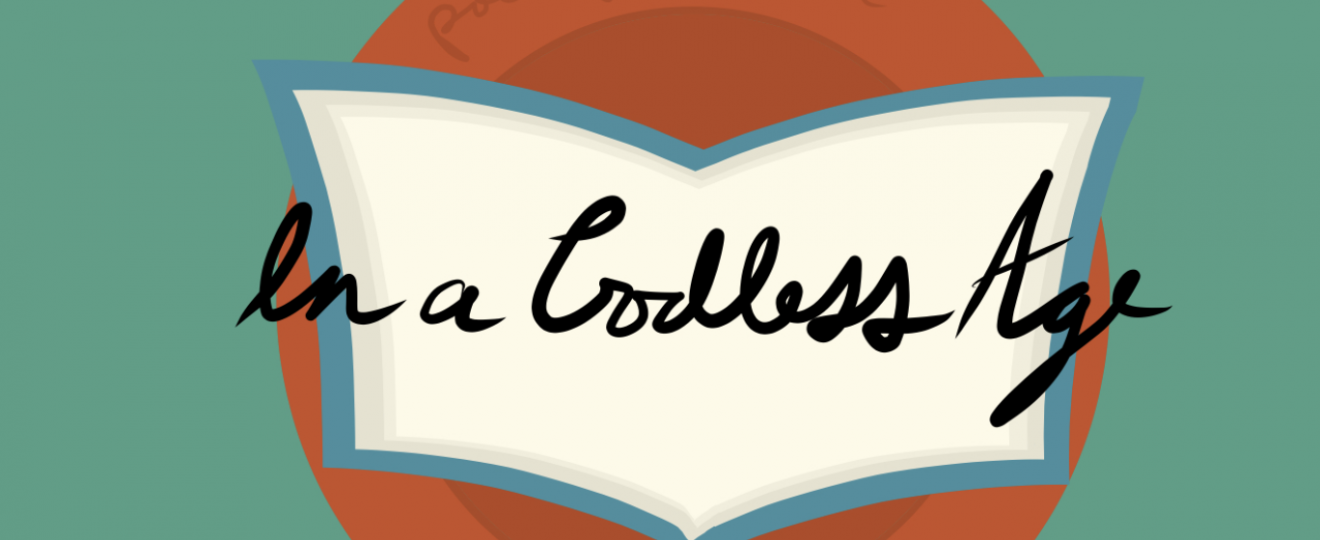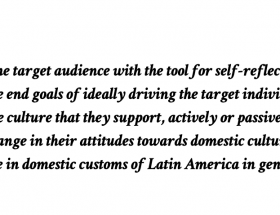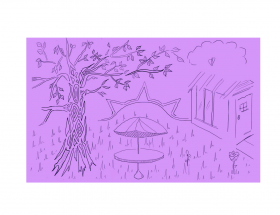For those who believe in God, prayer is food for the soul. It is a way of communicating with God and connecting to our spirituality. But for atheists, agnostics, and those of us without religion, how do we connect with our spirits? Is poetry our food for the soul, a way for us to commune with ourselves? Once prayers were used to help deal with the negativity of life, to overcome life’s obstacles and lift one’s spirits in times of darkness. These troubles still remain after religion is abandoned, and so we must find new ways to feed our inner spirits, to overcome our challenges.
The mass suffering experienced during the world wars, the Holocaust and the unending conflicts that have followed may well have contributed to the growing loss of faith in God. Wars and suffering have been a part of human existence from the beginning of recorded history, however, the ability for humans to destroy life on such a scale was only developed in the 20th century as a result of scientific progress and industrialisation. Mass engineered pain and suffering which was witnessed by the whole world as a result of globalisation was bound to shake many people’s faith in God. As the great writer and Holocaust survivor Primo Levi once said, “there is Auschwitz, and so there cannot be God”. The argument that everything happens for a reason (God’s purpose), that suffering was our way of growing and learning and had an ultimately positive consequence (our eternal salvation perhaps) seemed an incredibly cruel way of explaining away the horrors of the Holocaust. These justifications for a God that can allow bad things to happen are no longer convincing in the wake of such pain and suffering. And yet this pain and suffering becomes harder to manage and harder to move on from if any faith in God, and therefore faith in salvation, has been lost. So how did those who turned away from religion manage to maintain their humanity and avoid spiritual degradation?
The modernist poets of post-war Britain and America were growing sceptical about God and religion– although some of them did not give up their faith entirely, they were no longer necessarily looking to God for answers. So instead they began to look inwards. The modernist ideals were more isolationist and looked at the decomposition of society and the individual rather than growth. The poetry that reflects this – such as The Waste Land and The Love Song of J. Alfred Prufrock by T.S. Eliot (who went on to rediscover his faith), The Red Wheelbarrow by William Carlos Williams, The Second Coming by W. B. Yeats – are the writers’ ways of coming to terms with the suffering of the world, their loss of faith and their budding existentialism. The poems they wrote became their exploration of the new world they found themselves in, as well as explorations of their own personal adjustments to the experiences of the past and present. In this sense, are they the poets’ (and readers’) prayers? They unite the poet and the reader in this shared experience of living in a new, darker, modernised world. When a nation has collectively witnessed such great suffering, praying to a god that cannot answer is not enough– instead, poetry is required to pull together what is left of society, to show an individual that their feelings are valid, that their pain is heard.
Themes of fragmentation, loss of faith, decomposition of society, and the inevitability of death all haunt modernist poetry and have left their mark on more recent poetry as well. Ideas of futility, mortality, isolation and monotony found in modernist and post-modernist poems are all intrinsically linked to the world-shattering devastation of the wars – the genocide of the Holocaust and the innovative weapons of mass destruction revealed in World War One. As Samuel Beckett described it in 1952, this was “a time of need, because it lies under a double lack and a double Not: the No-more of the gods that have fled and the Not-yet of the god that is coming.” In a world without a god, prayer is no solace. Poetry, whilst not as escapist, romantic or hopeful as it once was, saw to this need. It attempted to piece together the fragments of this new world, or at least to shine a light on the broken pieces of the smashed stained-glass windows. Did it feed the soul of the poets who wrote these ground-breaking modernist pieces? Is that possible? Did the people of this godless world even have souls to feed?
Half a century (or more) on, the memories of Auschwitz and the mass killings of the wars have faded, but new faith-shattering experiences have sprung up. The rise of terrorism, the incredible devastation countries such as Syria have experienced following conflict, and the mass exodus of refugees have all brought with them images of pain and suffering that are burned into the consciousness of our generation. Has Beckett’s “god that is coming” arrived yet? And if not, how are we feeding our spirit, how are we evading the desolation and despair that modern life is trying to drown us in? Poetry could be one answer. It may not have the power to alter the world around us, but it has the power to comfort the poet and the reader alike, the power to lift their spirits. Perhaps this is all we really need– not communion with a god, but communion with ourselves and each other.
art by Quinn Fagerstent




